Podcast: Play in new window | Download
Subscribe: Apple Podcasts | Spotify | Amazon Music | Android | iHeartRadio | TuneIn | RSS | More
In this episode, we relish the ingenuity in expressing intent, depicted in Sangam Literary work, Natrinai 85, written by Nalvilakkanaar, this being his only Sangam poem. The verse is set in the ‘Kurinji’ landscape or the mountain country and speaks in the voice of the confidante to the lady, passing on a subtle message to the man listening nearby.



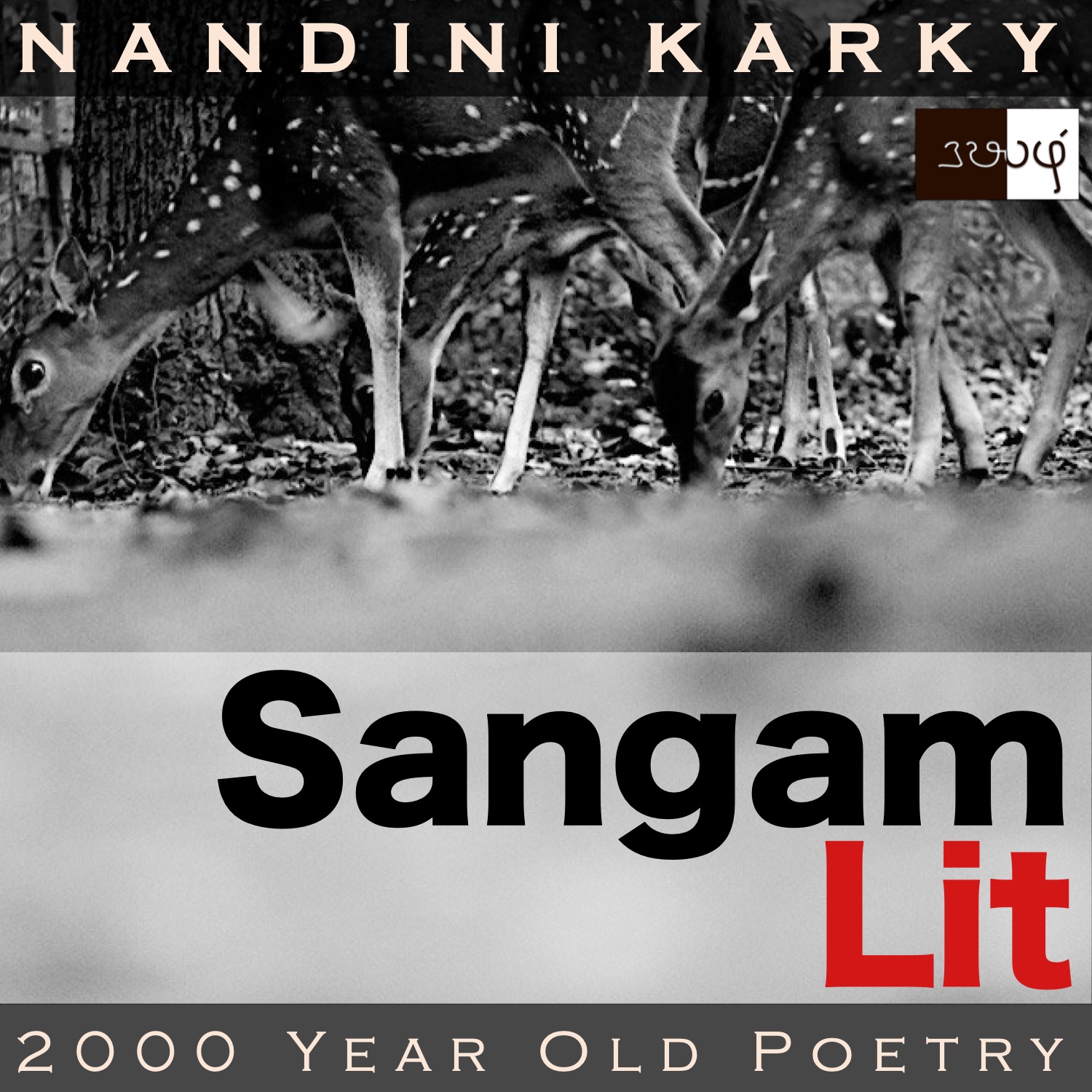
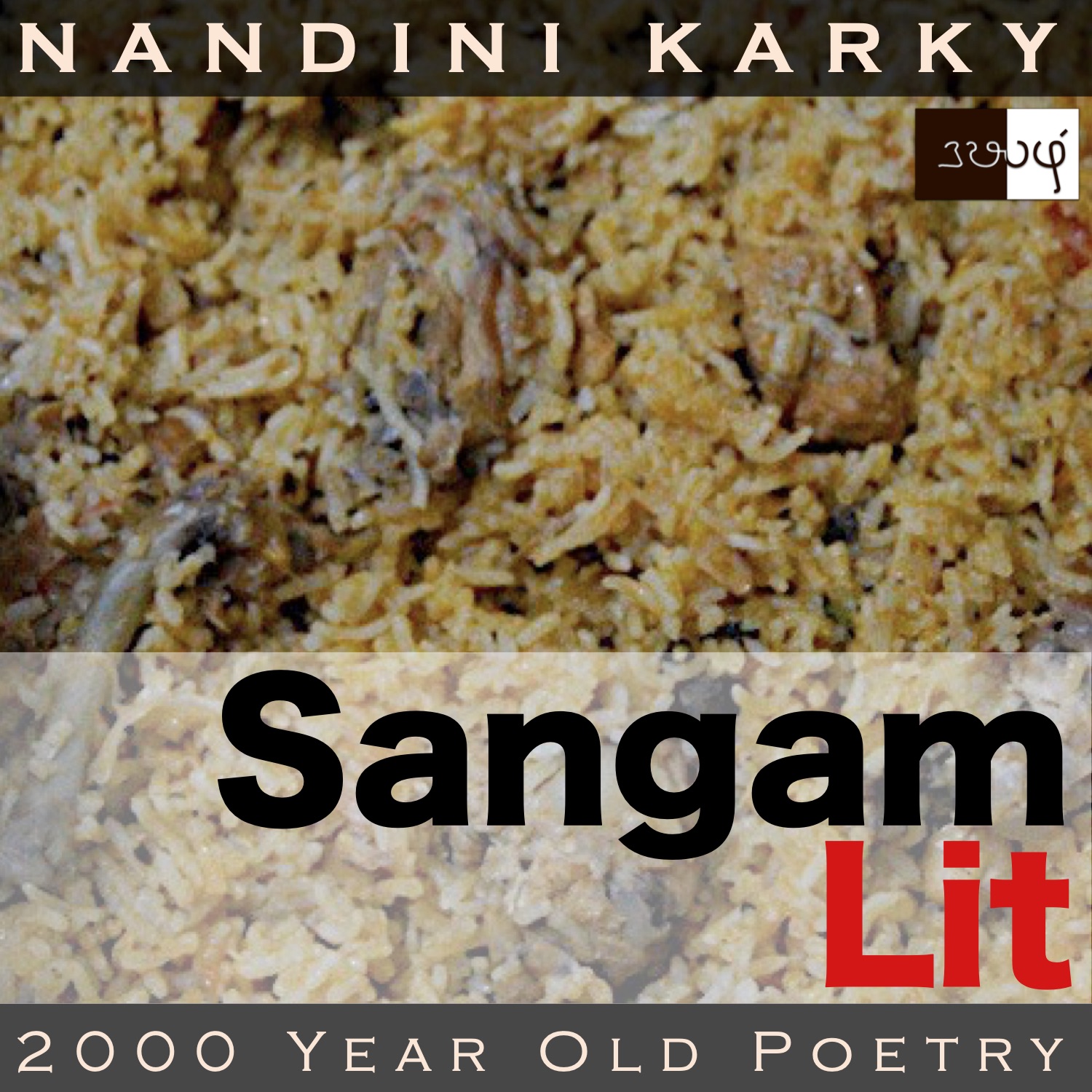
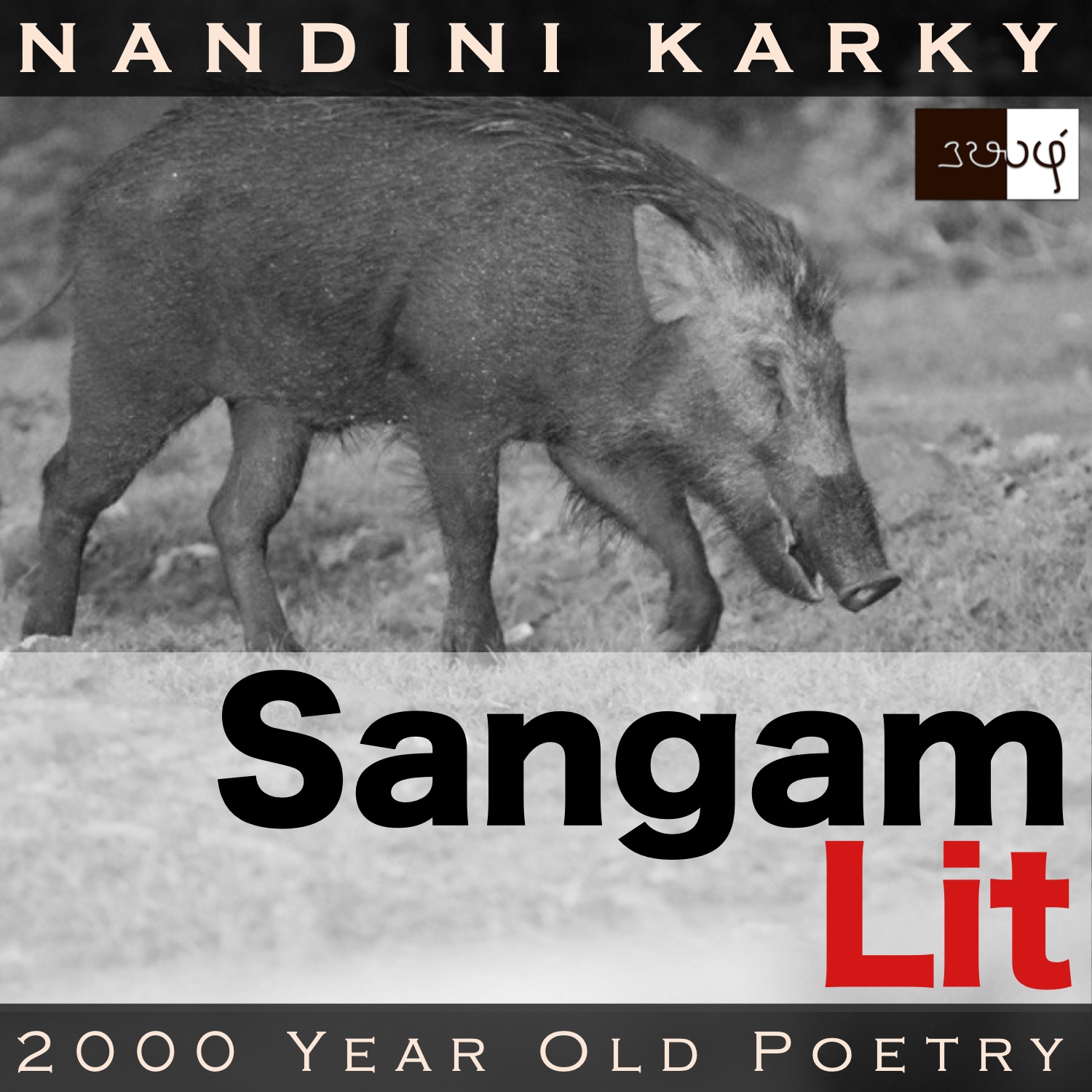
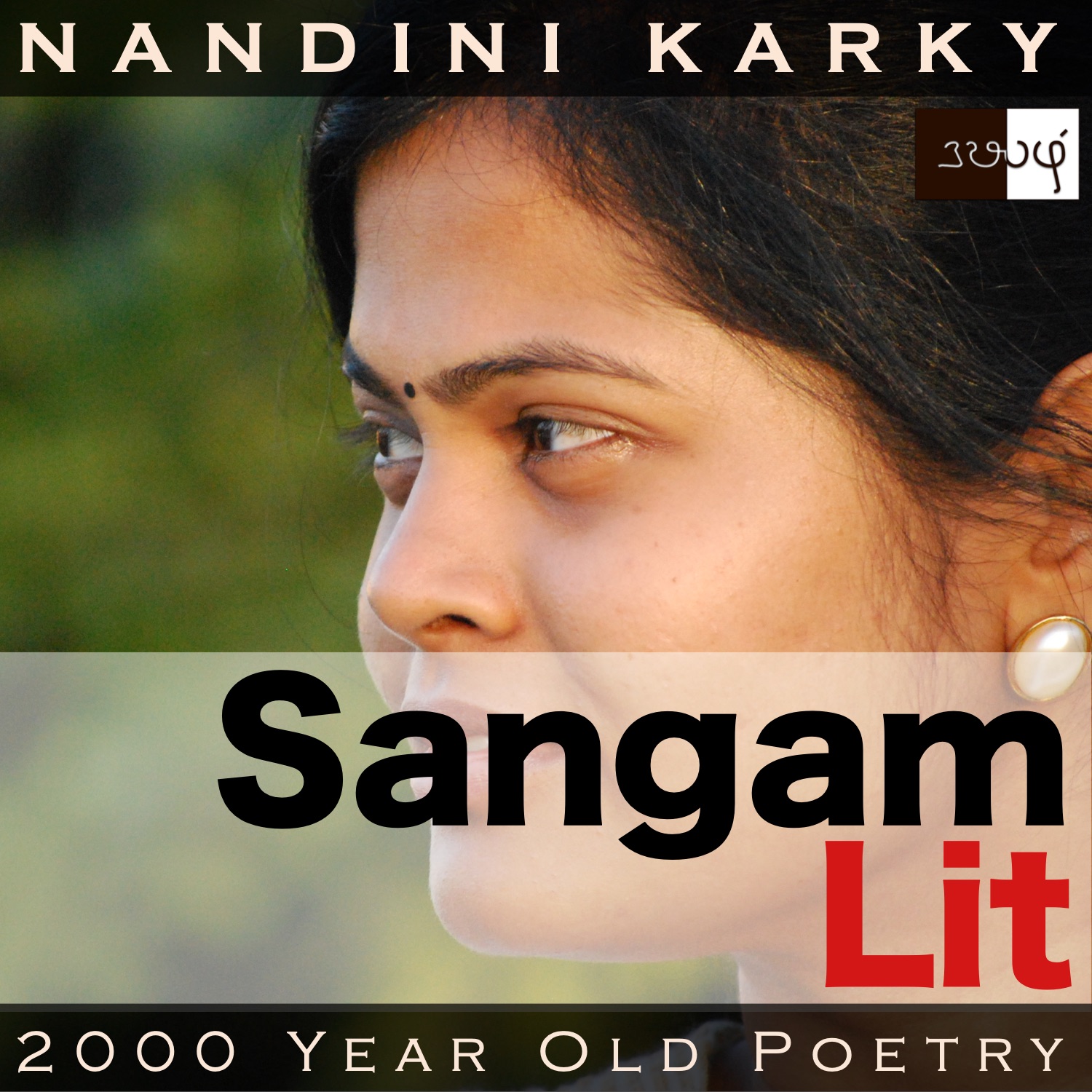
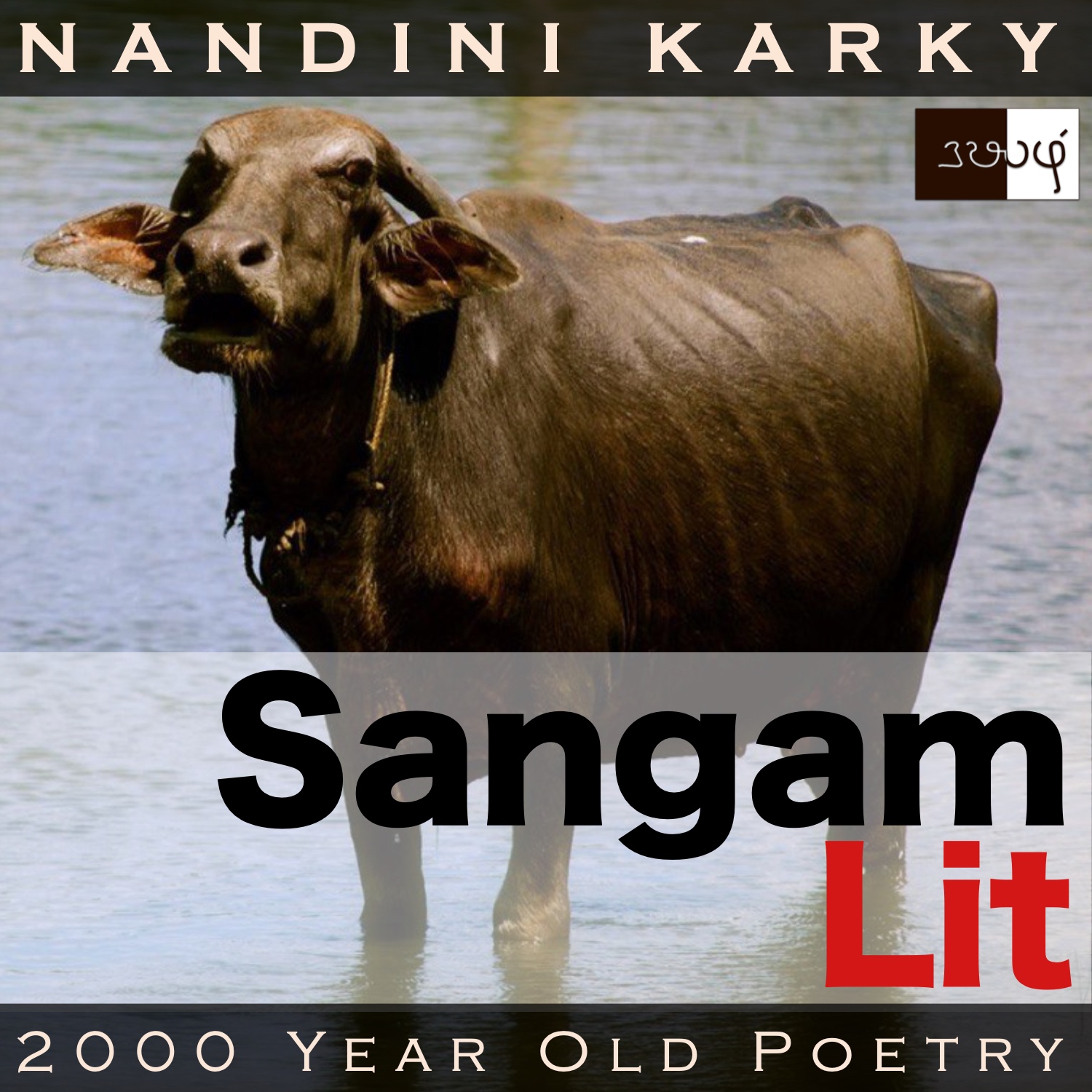
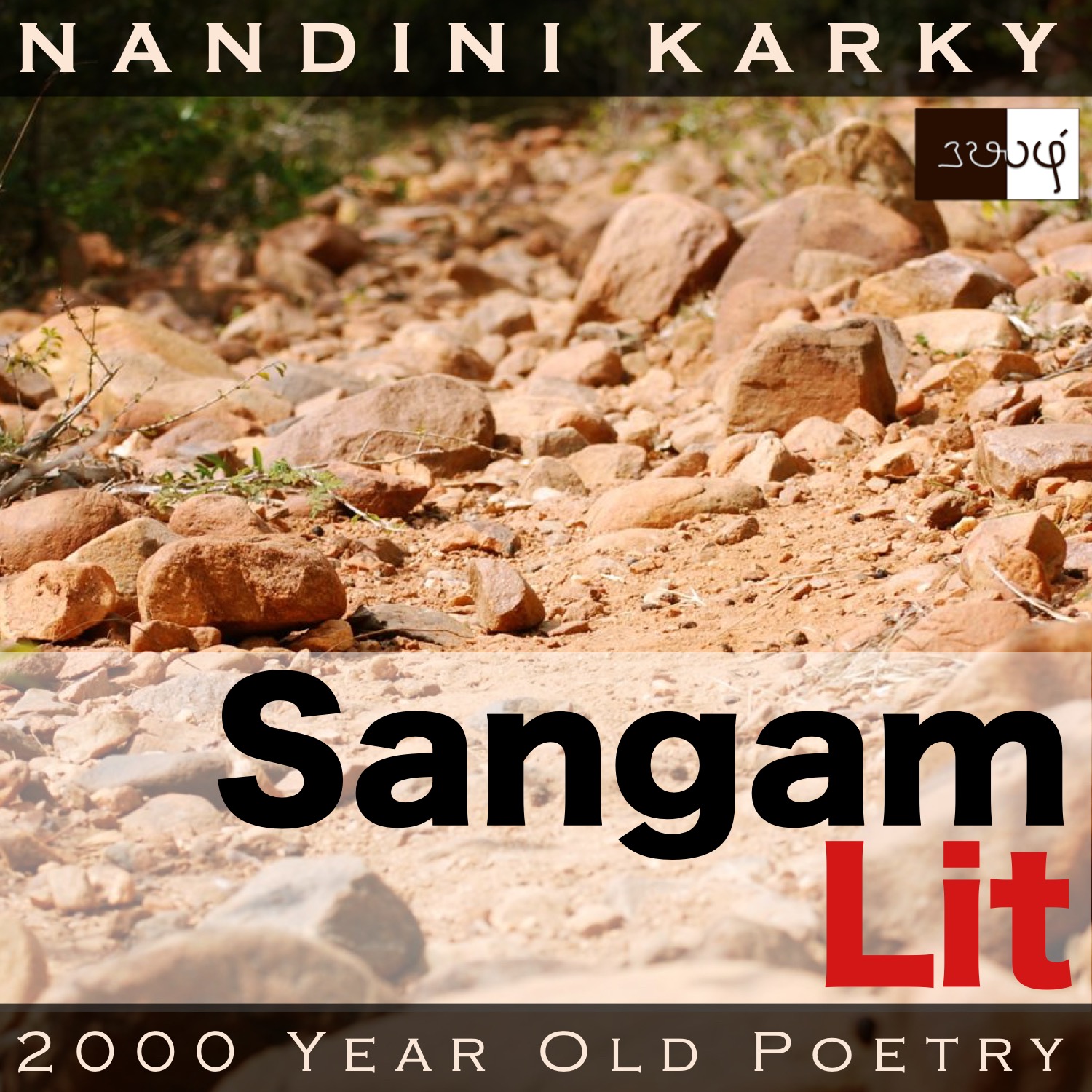
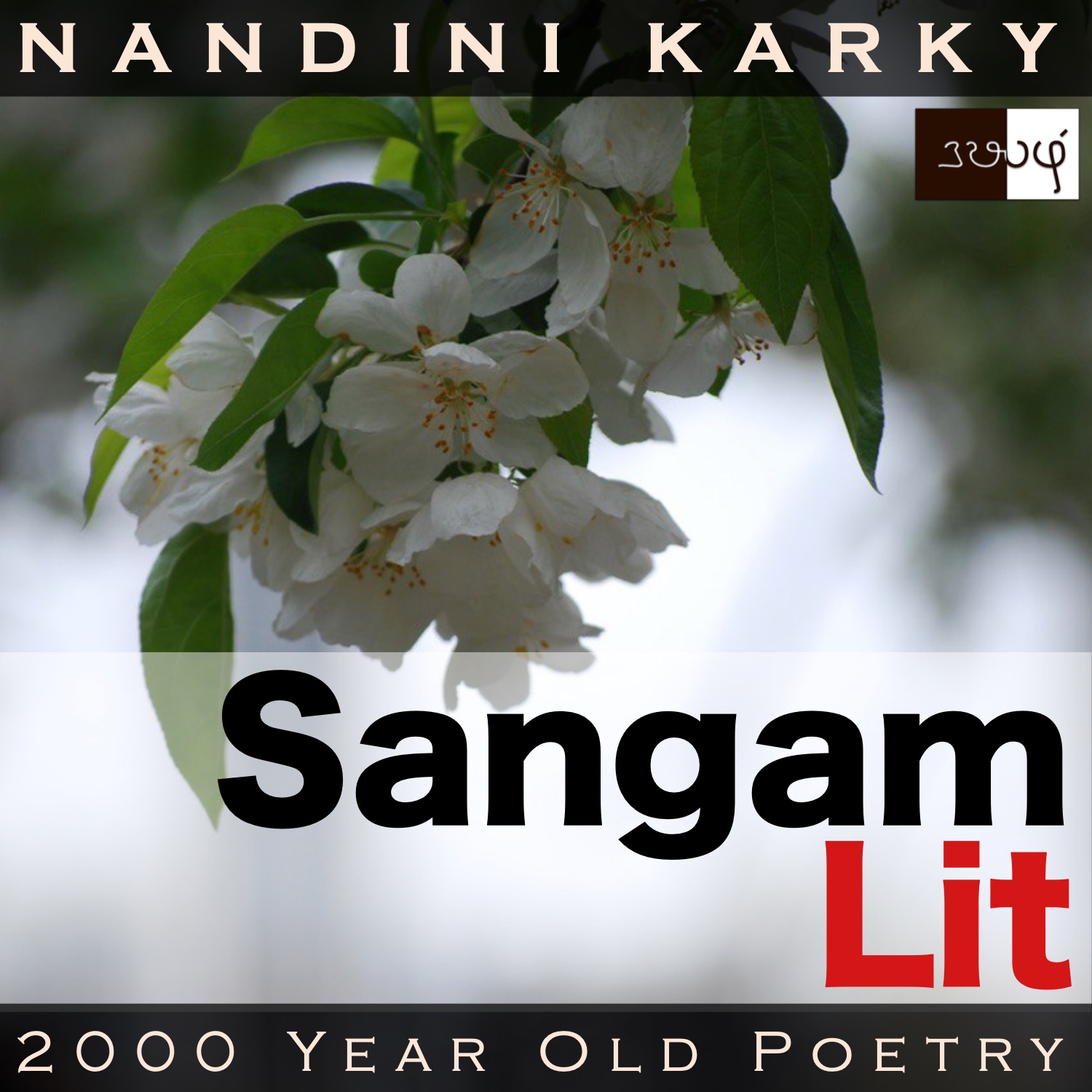
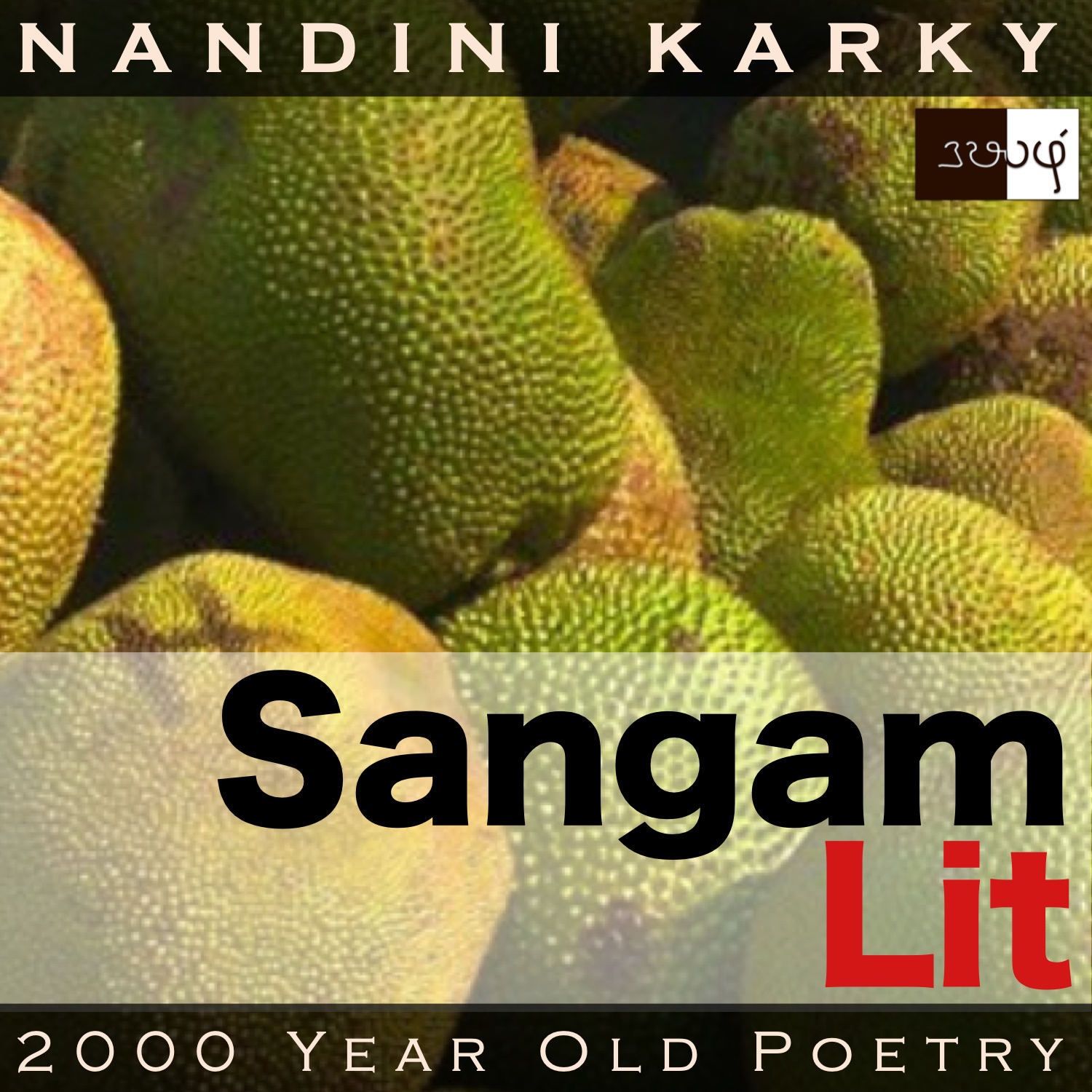

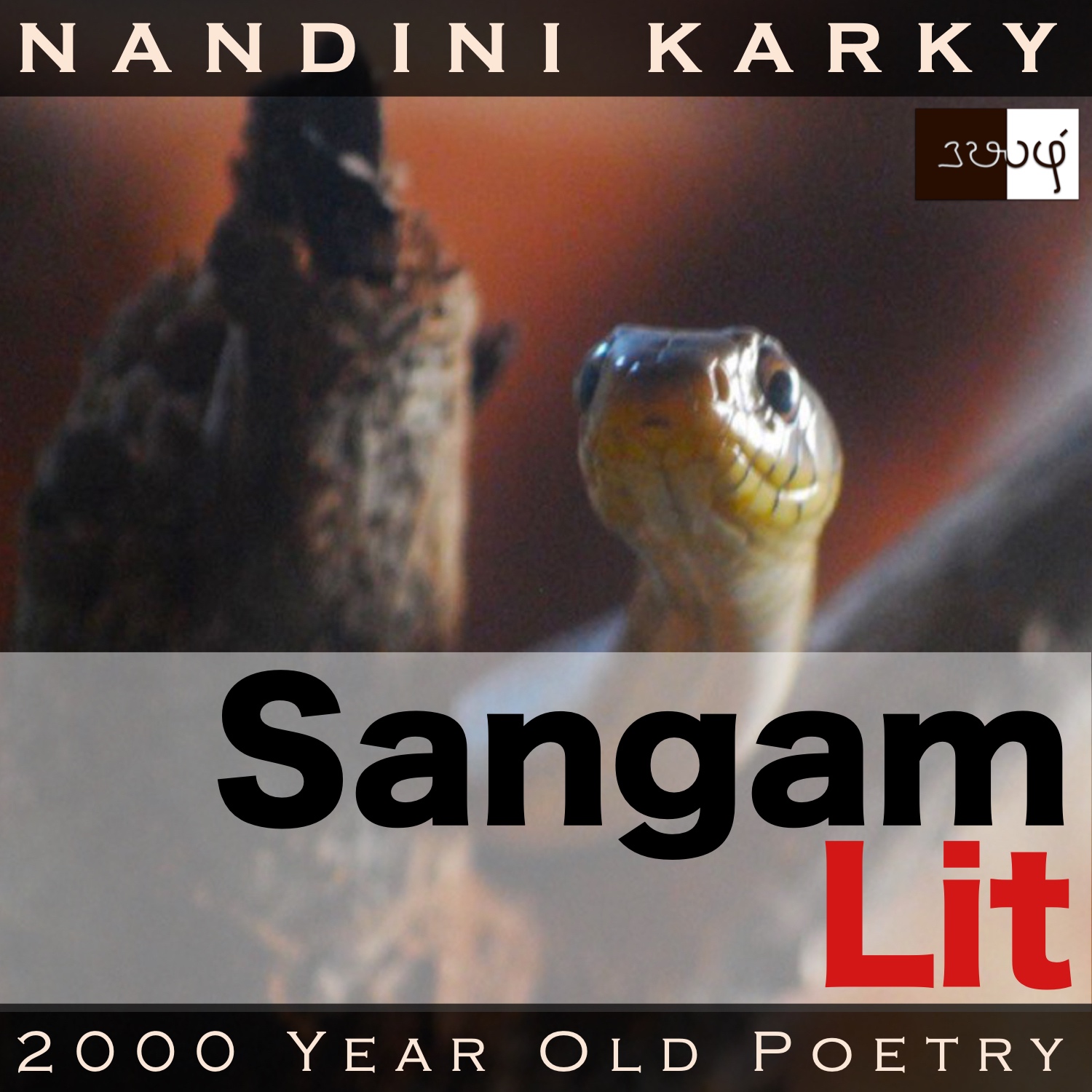


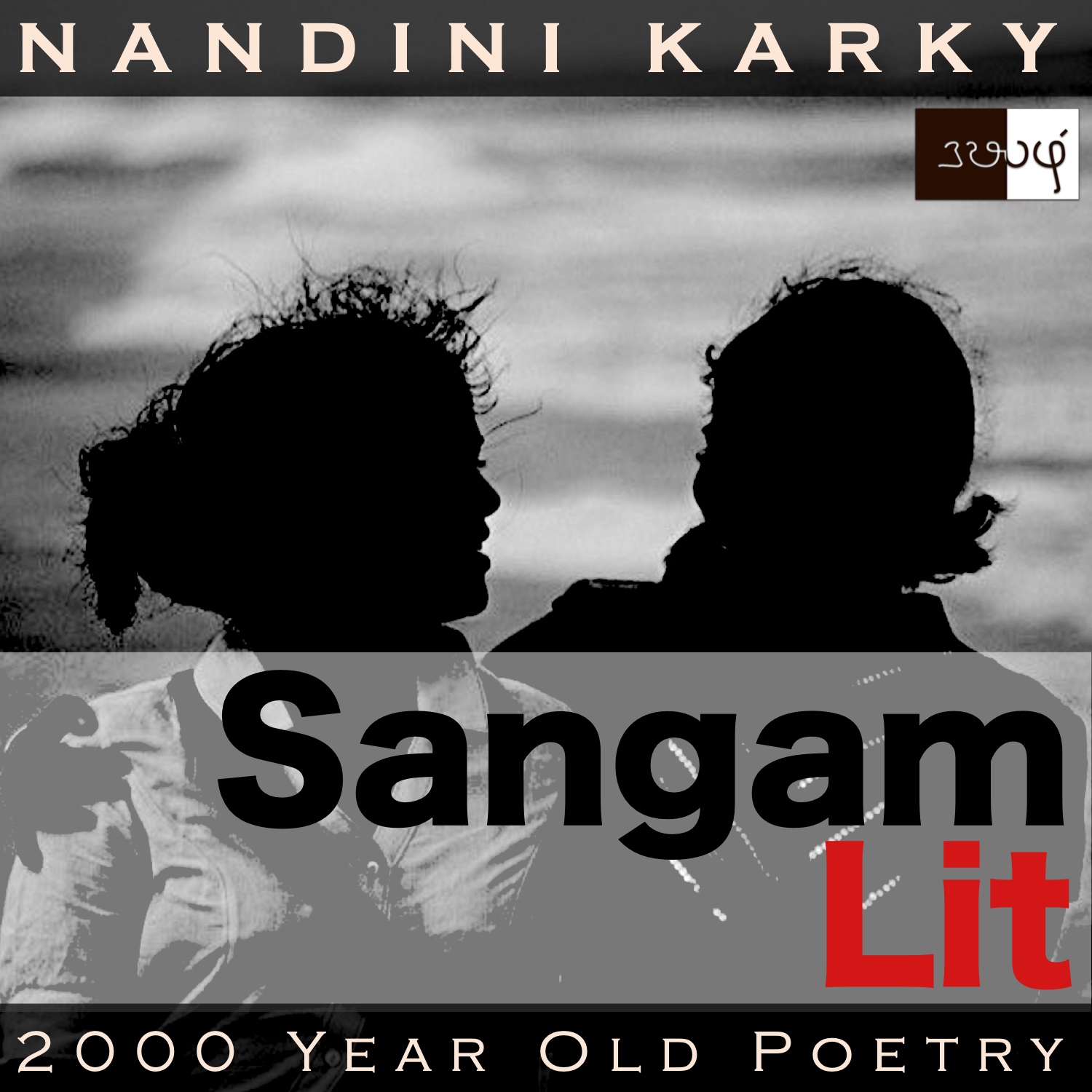
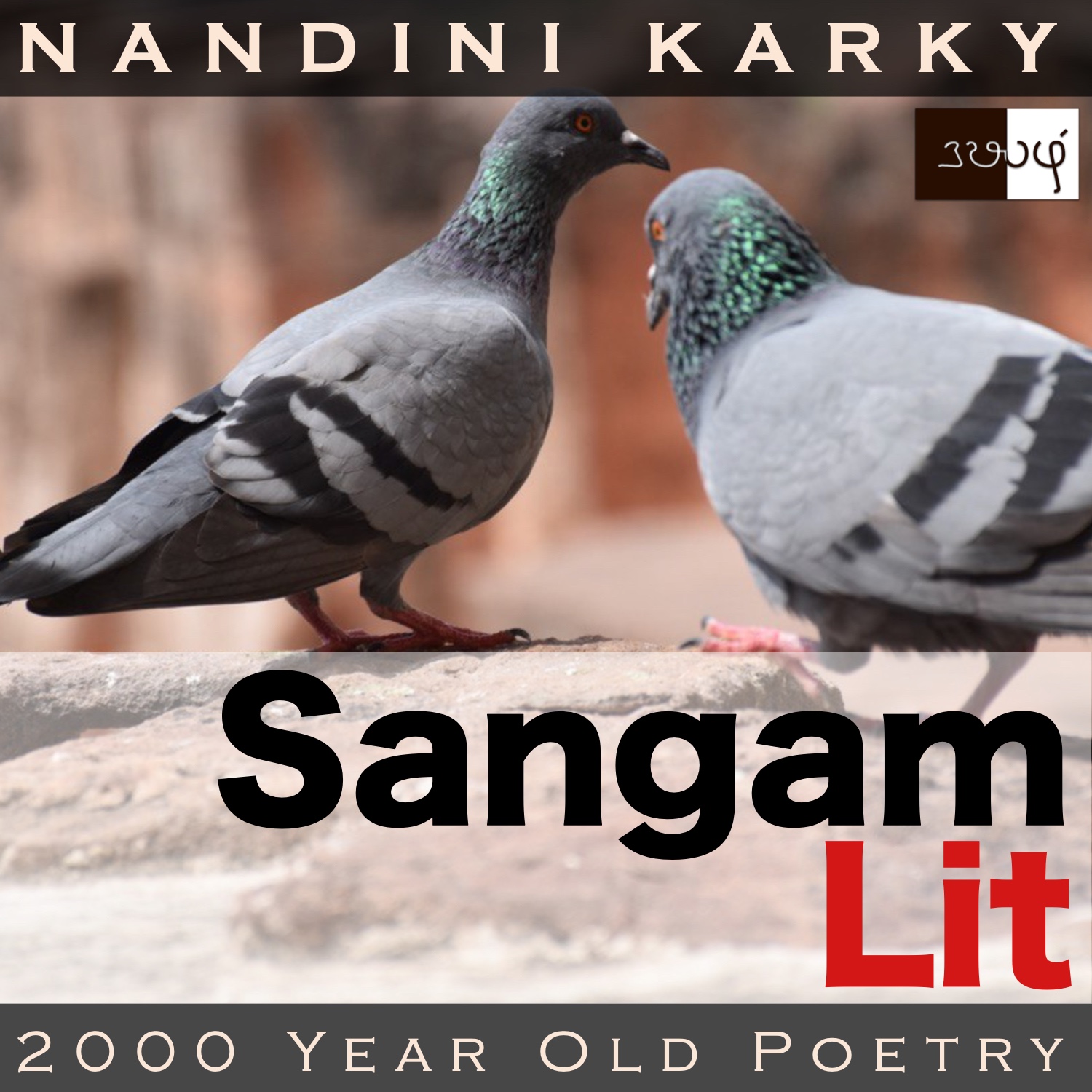

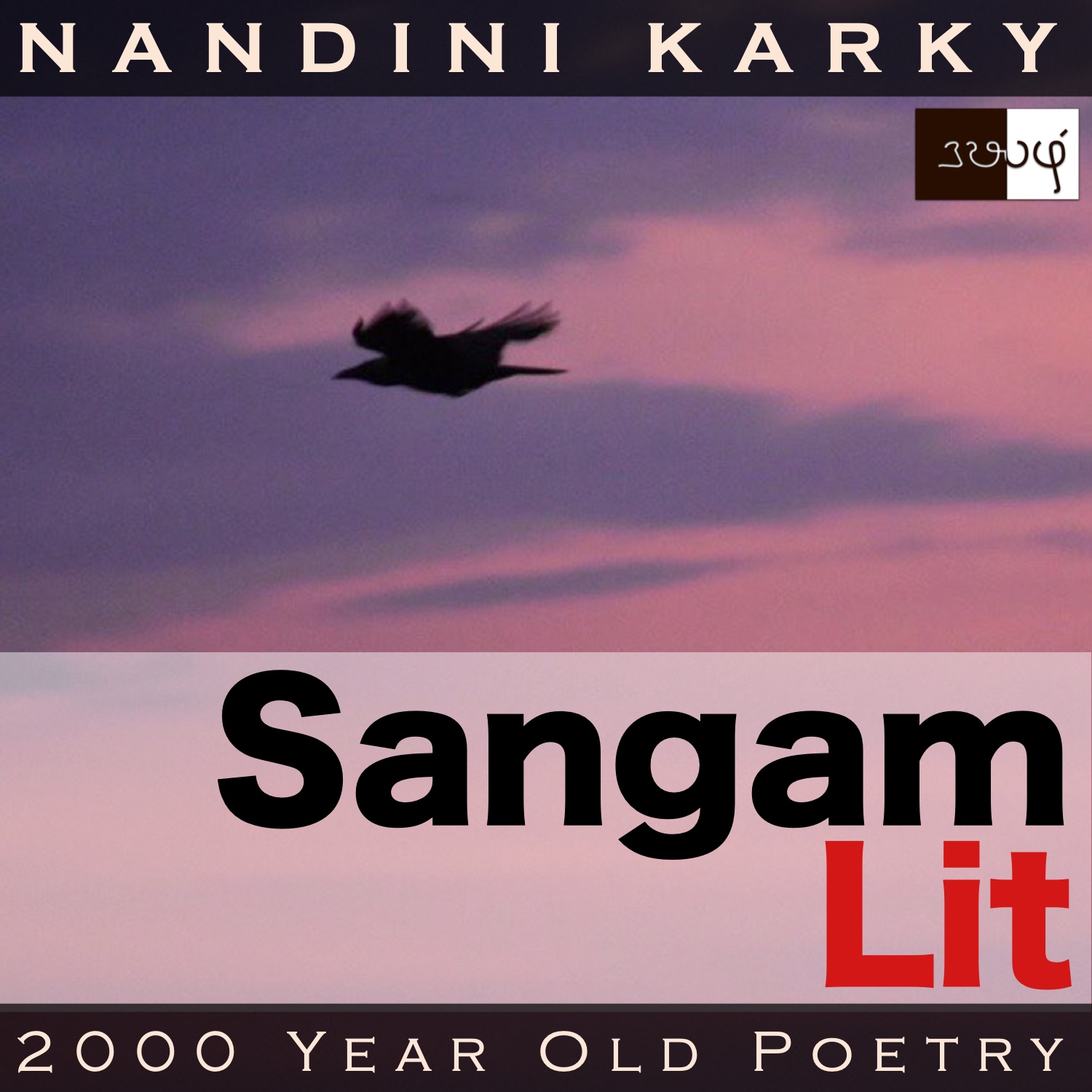

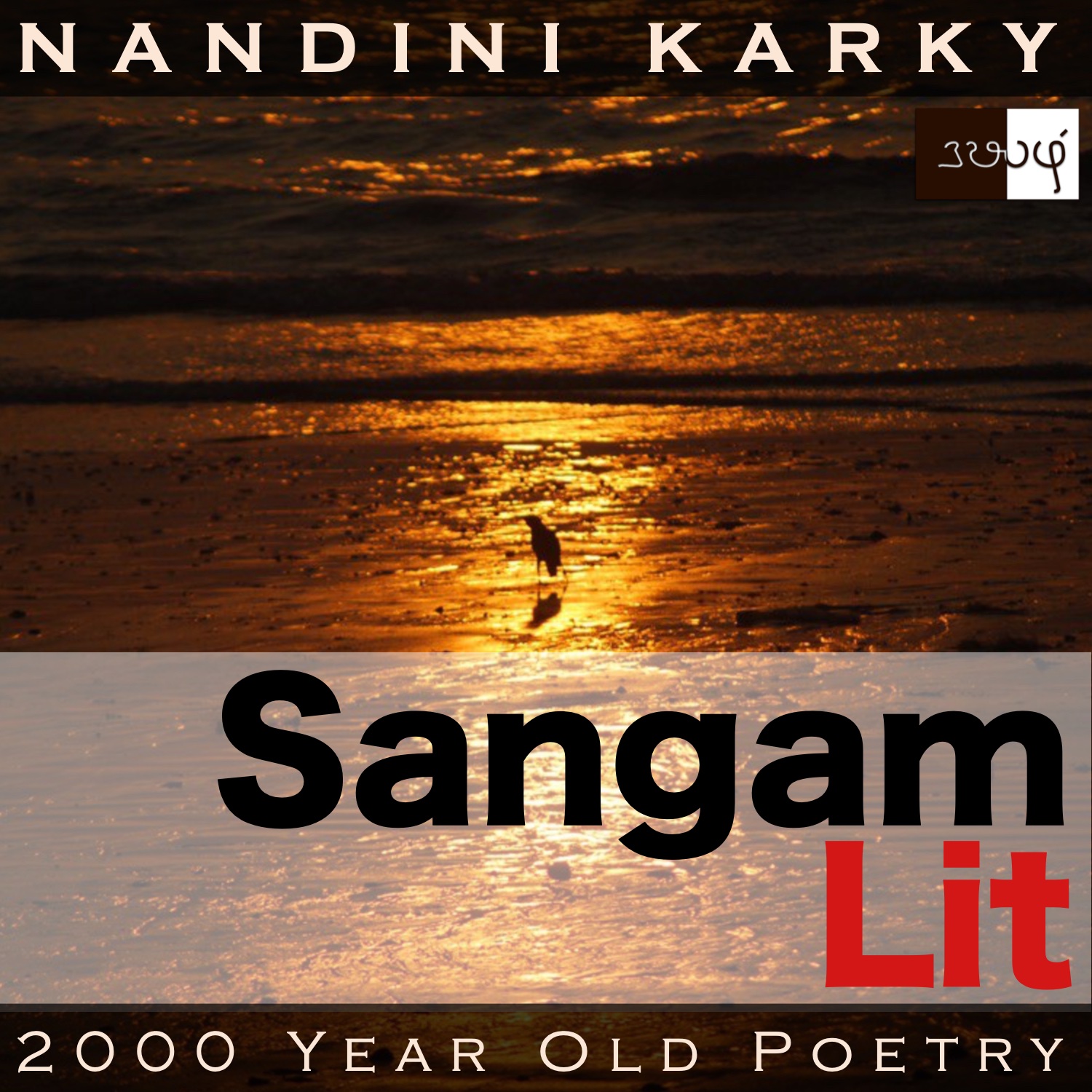
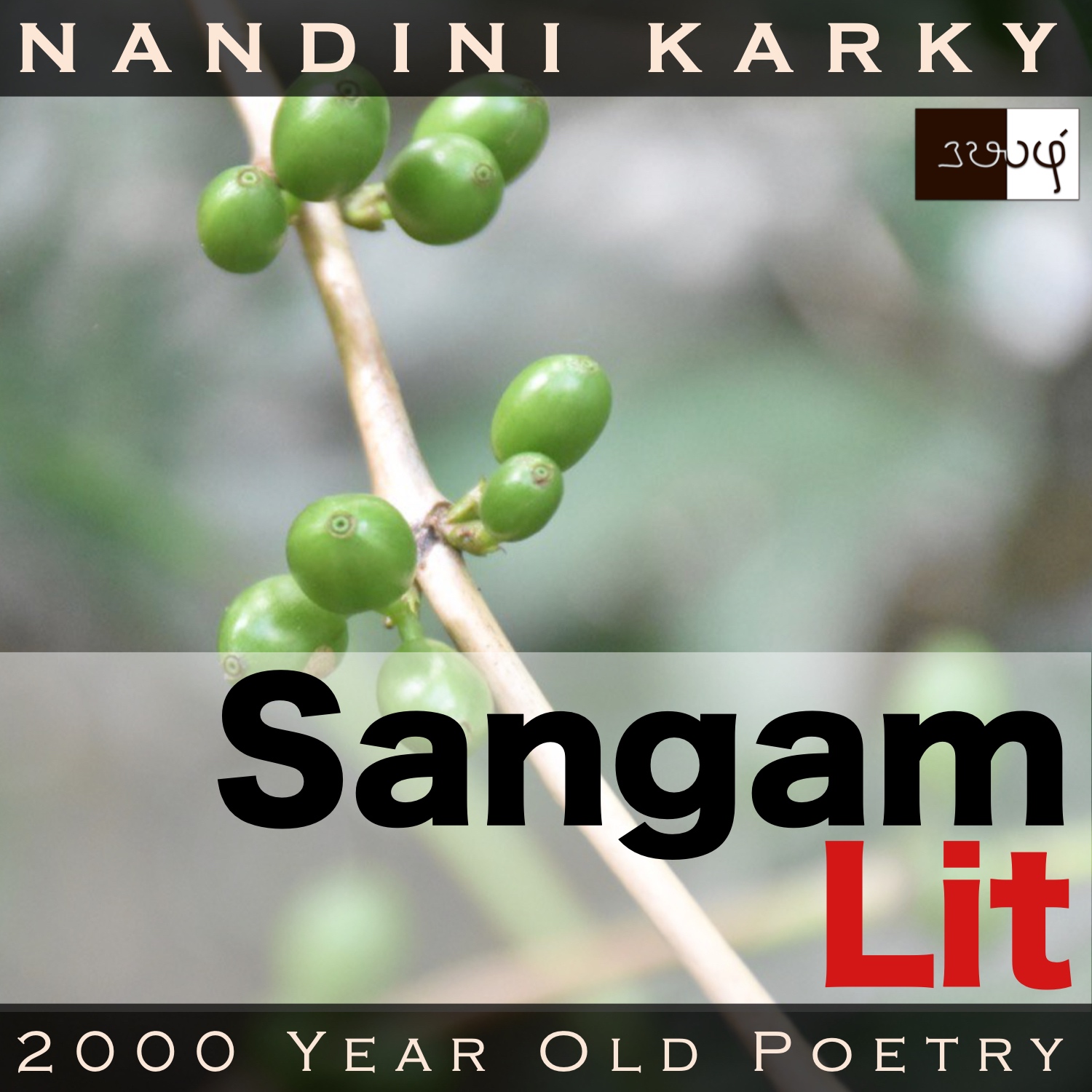


Recent Comments